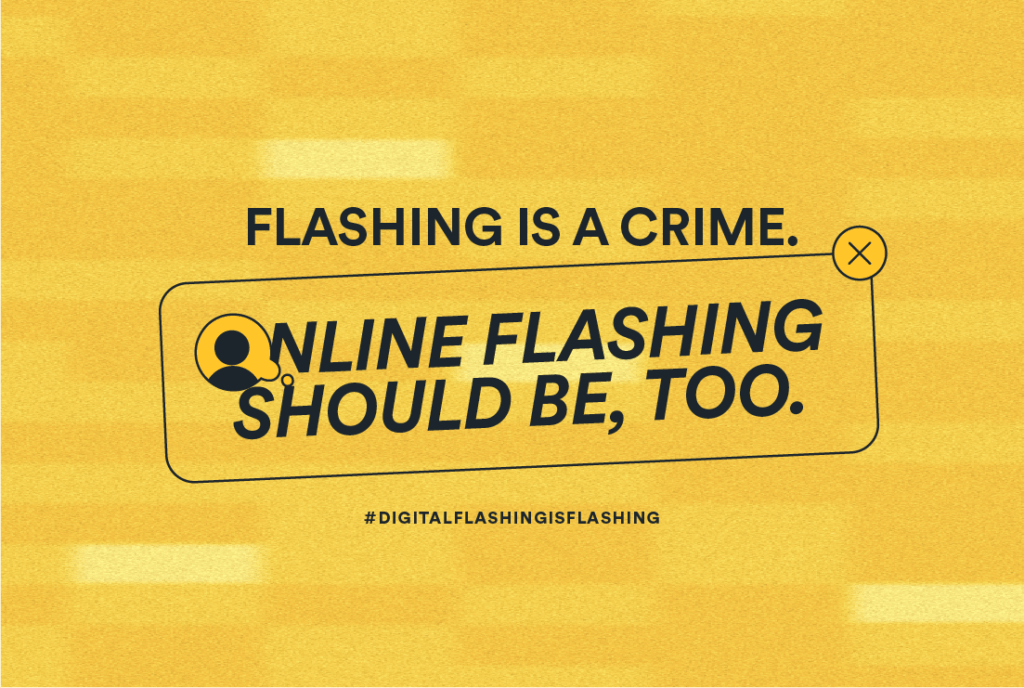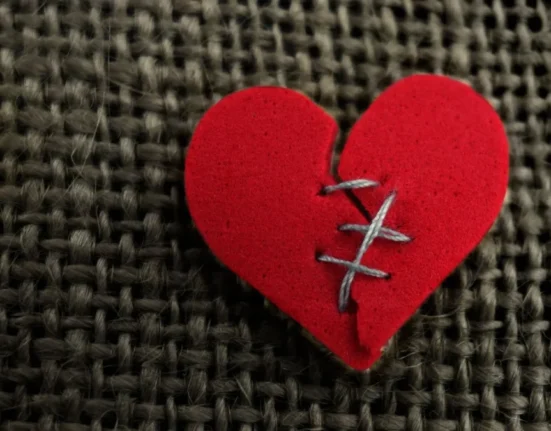Last Updated on November 19, 2021 by Rachel Hall
There’s a very specific experience that’s almost universal within a particular demographic. Women who are now aged between 25-35 will recall going to sleepovers as teenagers, watching a Hannah Montana film, prank-calling their crushes, and going on sites like Omegal to make new friends, only to be greeted with a throbbing penis. Although the reactions to this varied, I personally took a little time to process exactly what had happened.
Genitals were silly and embarrassing and I was curious about them, so at first, I laughed it off and squawked a little. Now, as an adult, I look back in horror. I can’t imagine flashing anyone, let alone a child, and the fact that we were given unfettered access to stranger’s privates is extremely concerning and points to the failures of the parents/guardians, apathy and negligence from the websites and, of course, paedophilic behaviour from the people who decided to show their genitals to children.
Years have passed since those sticky days, but I’m sure that if I decided to drag myself over to Omegle now I’d be greeted with a cacophony of dongs. It really isn’t unusual: according to YouGov, 41% of millennial women have been sent a dick pic, and Bumble’s research puts the number even higher: almost half of women surveyed, age 18-24, have received an unsolicited image of someone’s genitals in the past 12 months.

Personally, I’ve been sent pictures over Snapchat, Instagram and on dating sites – it’s amazing how a polite conversation about a recent trip to Berlin can quickly devolve into disgust, blocking and the awareness that you’ve been on the receiving end of a sex crime. Or have you? For most people, it seems obvious that unsolicitedly sharing/flashing genitals online should be illegal, but in fact, it’s currently legal in the UK.
Bumble is trying to change that. Bumble seems to be keen to promote an image of itself as a ‘woke’ dating site with comprehensive lists of gender identities and sexual orientations and the ‘women talk first’ function designed to challenge stereotypical gender roles. Therefore, the intersection of technology, dating, sex-related behaviour and an opportunity for progress seems like the place that they would naturally gravitate towards.
Bumble is campaigning for cyberflashing to be made illegal across the whole of the UK
Currently, in-person flashing is illegal in the UK and cyberflashing is illegal in Scotland, as it has been for over ten years. But for England and Wales, there aren’t any laws specifically prohibiting the unsolicited reveal of genitals online. Bumble’s calling on organizations, the UN and individuals to apply political pressure to get the law changed. There’s a template on Bumble’s website which can be sent to MPs, and information on how to contact them.
If you’d like more information on your MP’s voting record and their previous stances on sex crimes, check out TheyWorkForYou.com. Bumble’s work has been inspired by a new law that seems to be working quite well. Weirdly, it’s in Texas, which isn’t really the kind of place I would expect to work to make life safer or more pleasant for women. Bumble’s founder, Whitney Wolfe Herd, spoke to the Texas State House and Congress about the experiences and aftermath of receiving unsolicited genital pictures.
The bill received bipartisan support and online flashing is now a class C felony in Texas and can be punished with a $500 fine. This is still less severe than in-person flashing, which is a class B felony and can be punished with jail time or a fine, but it’s a start and, Bumble hopes, will spawn similar laws in the UK and possibly other areas. It’s perhaps ironic, perhaps appropriate that Bumble itself has been utilized to send dick pics.
The dating site has attempted to crack down on this and solve the issue for themselves as well as looking more widely at the issue. They’ve tried to make the reporting system as clear and effective as possible and have used AI to attempt to detect images before anyone even receives them. This isn’t the only social issue Bumble is trying to get involved with.
They’re campaigning for stealthing to be made illegal in California. Stealthing has been described as ‘rape-adjacent’ and is where someone removes a condom without telling the other partner, potentially leading to pregnancy or STIs, and is a form of contraceptive control and, by extension, intimate partner abuse. The topic has been discussed widely online and met with both horror and a push for laws to protect anyone who has been ‘stealthed’.
It seems that Bumble really has a unique opportunity to make a difference. They have lots of data on dating, easy access to ask people about their experiences and if they have any suggestions to make things better and they can claim previous success with changing laws to make things safer and more pleasant.
Bumble might not be able to prevent every unsuspecting person, child or adult, from seeing an unexpected penis, but the fact that they’re working to reduce it and protect people from an objectively horrible experience makes me like them quite a lot.

Rachel Hall, M.A., completed her education in English at the University of Pennsylvania and received her master’s degree in family therapy from Northern Washington University. She has been actively involved in the treatment of anxiety disorders, depression, OCD, and coping with life changes and traumatic events for both families and individual clients for over a decade. Her areas of expertise include narrative therapy, cognitive behavioral therapy, and therapy for traumatic cases. In addition, Rachel conducts workshops focusing on the psychology of positive thinking and coping skills for both parents and teens. She has also authored numerous articles on the topics of mental health, stress, family dynamics and parenting.








Leave feedback about this